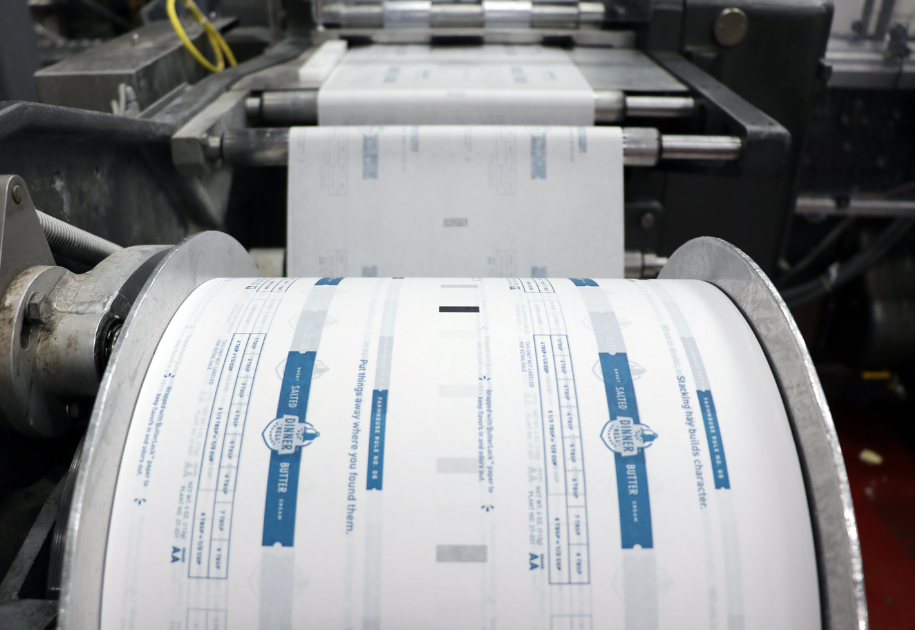Labeling
The U.S. Food and Drug Administration (FDA) is required by Congress to enact standards of identity to prevent false and misleading food labeling, which protects consumers and public health. These standards prevent deception and provide information that protects consumers from uninformed consumption of diluted or nutritionally inferior foods.
Non-dairy substitutes – including the oldest and most prominent, oleomargarine – have existed for generations, but in recent years, non-dairy foods formulated and labeled to resemble standardized dairy products such as butter increasingly have flouted established rules by labeling and marketing themselves improperly.
In the case of butter, Congress actually passed a law defining it as a product made from cream. But in spite of this clear precedent, the FDA has done nothing. ABI continues to request action by the federal government to enforce standards that define butter as a dairy food, not one made from plants. We have made it clear to FDA that any guidance not in line with the standards of identity violates the Administrative Procedures Act.

Product Standards
Sodium Levels
The Food and Drug Administration (FDA) is also pushing ahead with a guidance proposal for the food industry calling for reductions in the sodium content of many foods, including butter. NMPF and ABI have expressed concerns that mandatory sodium reductions in butter could affect the taste, functionality, shelf life and safety of butter. Further complicating matters, consumers already have the choice to purchase unsalted butter if they wish to avoid the sodium found in salted butter.
The comments submitted in 2022 express reservations about how the FDA guidance treats sodium’s role in dairy processing and calls for butter to be removed from that guidance approach.
